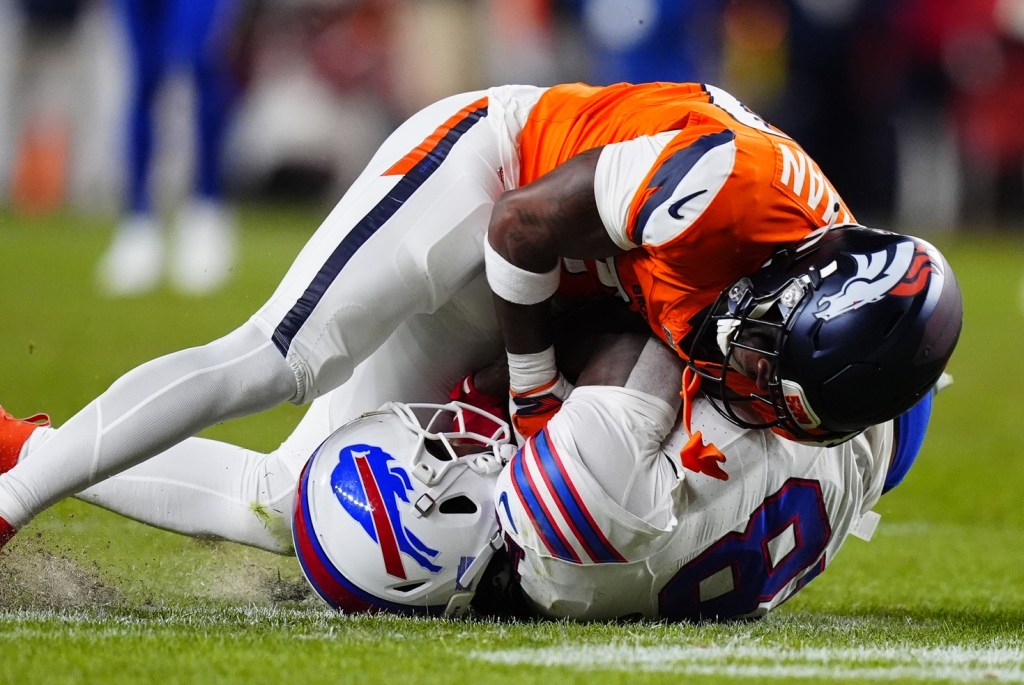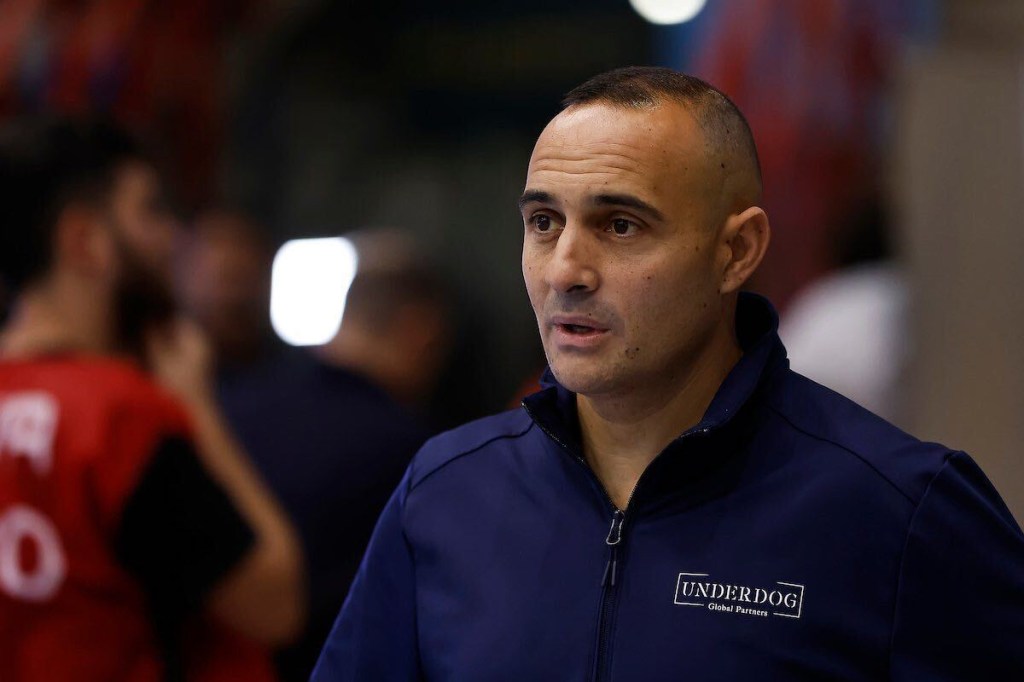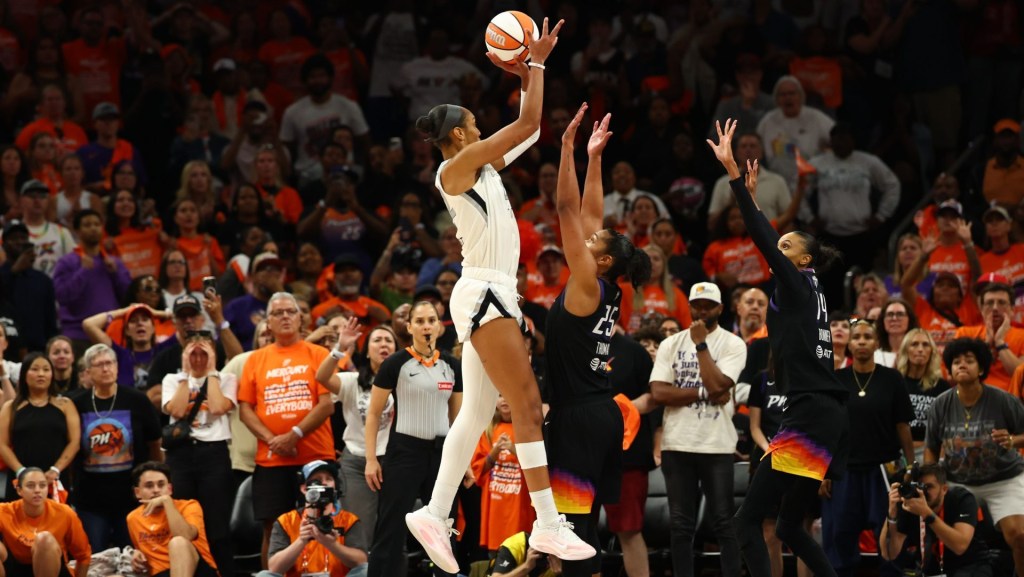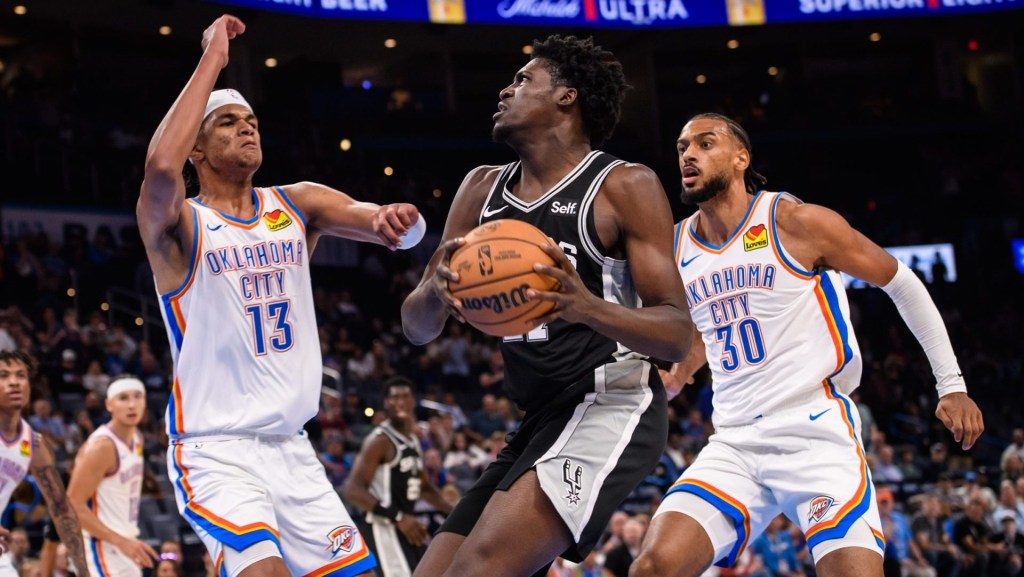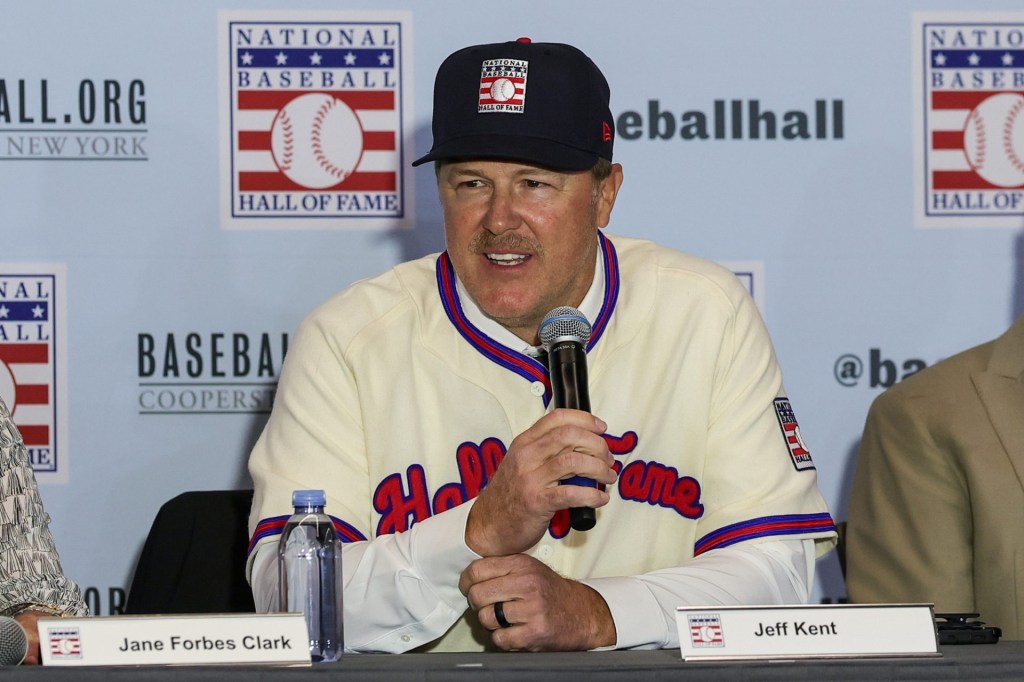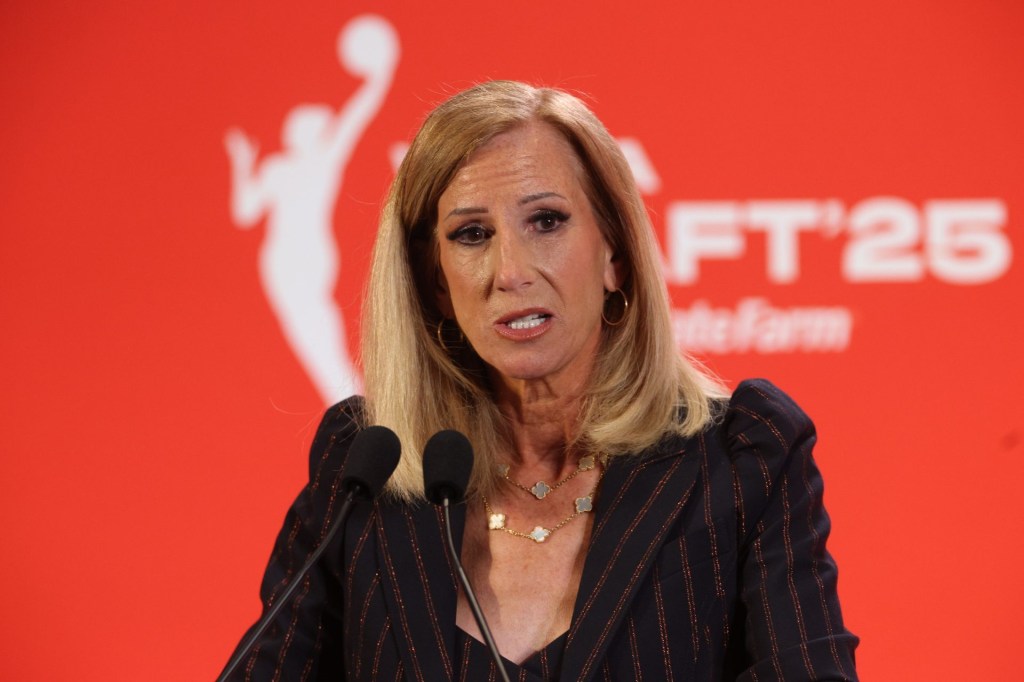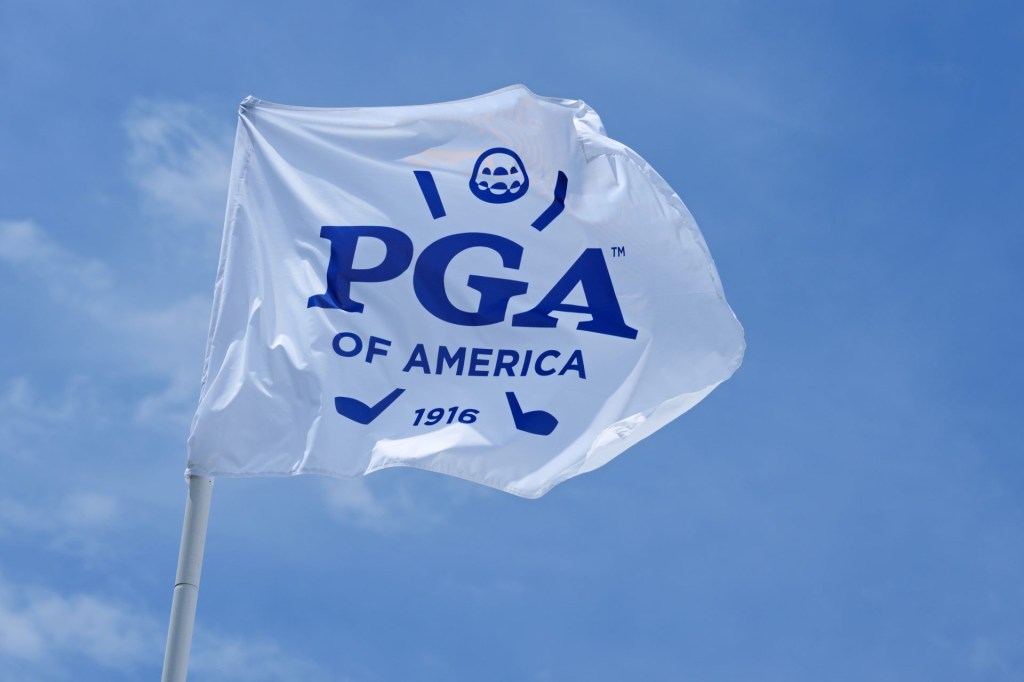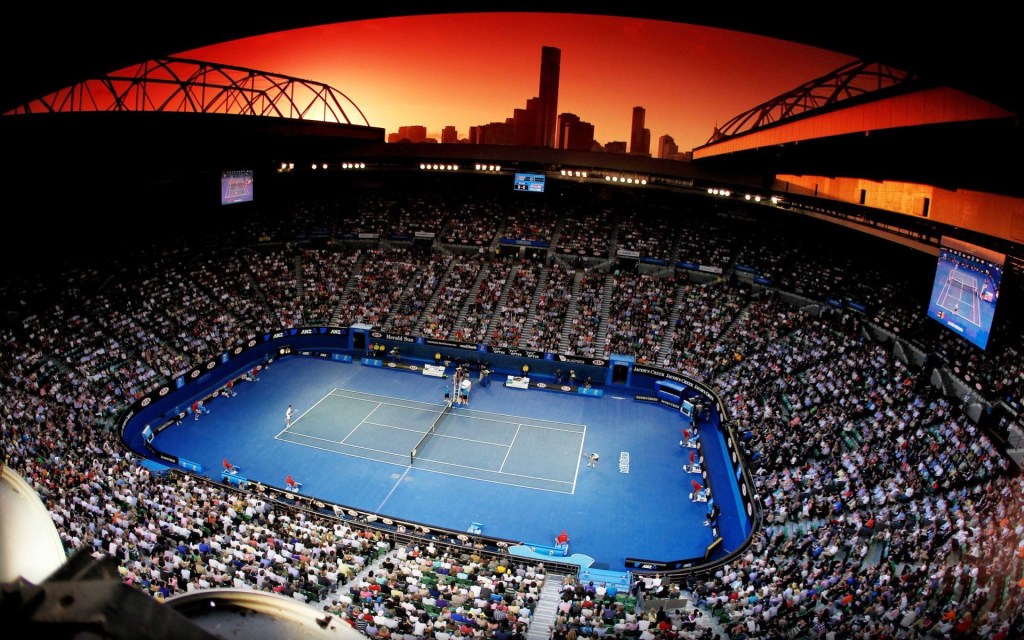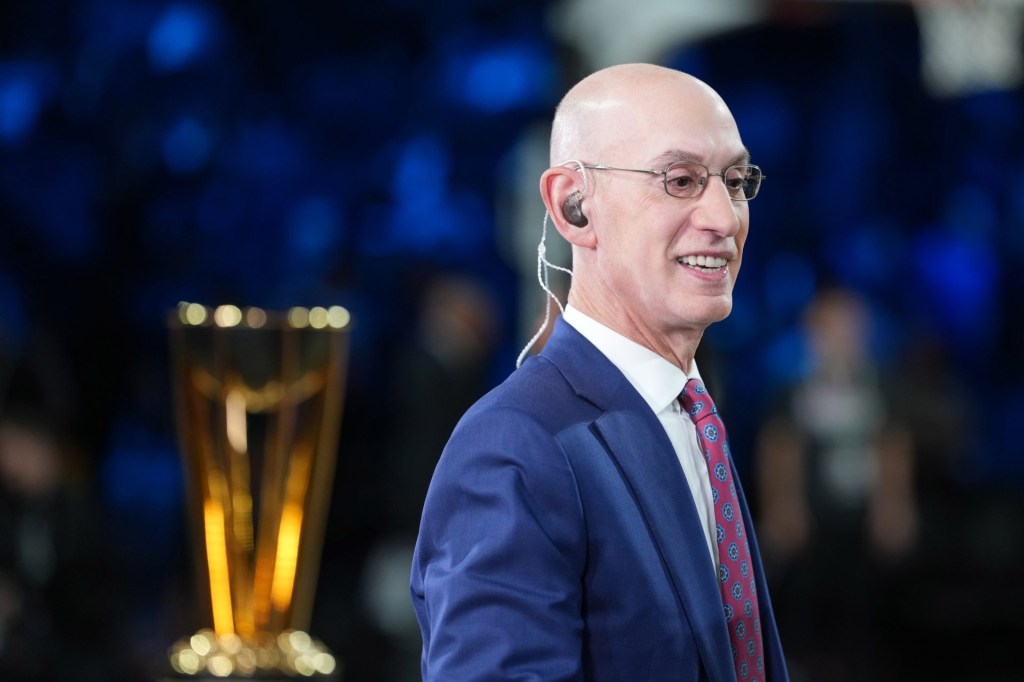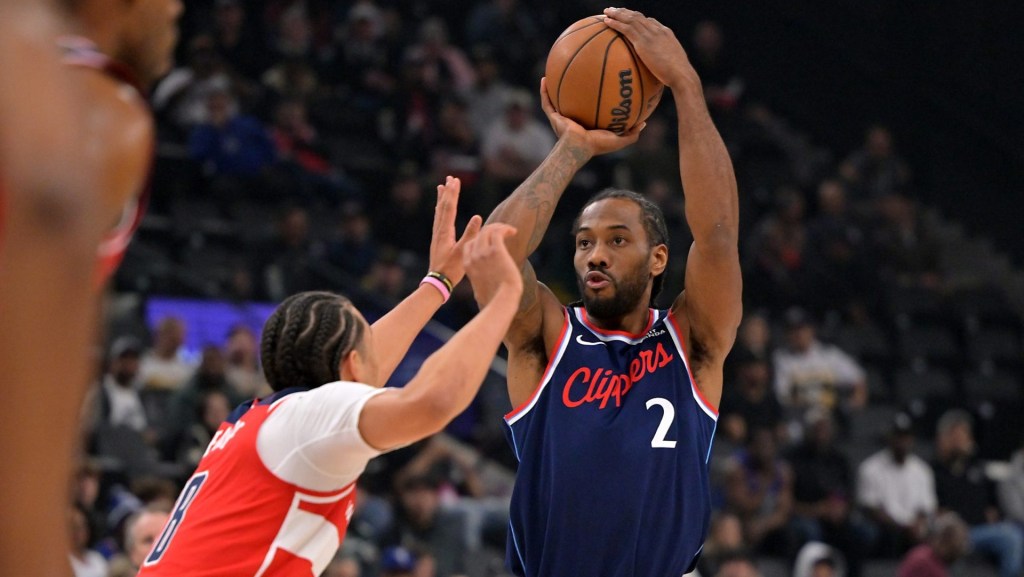INDIANAPOLIS — As WNBA commissioner Cathy Engelbert addressed a room full of nearly 40 media members, the league’s biggest stars were on the court sharing words of their own.
“Pay us what you owe us,” was the message in bold white lettering on the black t-shirts that all 24 All-Stars came out wearing for warmups. A source with knowledge of the situation told Front Office Sports the shirts were made recently; an officially licensed version was available for sale Saturday night.
Engelbert, meanwhile, was in the back of house fielding questions about collective bargaining agreement negotiations as both sides remain at odds on one major issue: revenue sharing.
“We’re really fortunate we have other deals,” Fever star and All-Star captain Caitlin Clark said. “That’s one of the things we’re in the room fighting for… is, you know, we should be paid more. Hopefully that’s the case moving forward as the league continues to grow.”
As a player drafted in 2024, Clark is on a four-year deal that will pay her a paltry $78,066 this year, as mandated by the current CBA.
Union vice president and All-Star captain Napheesa Collier told reporters during All-Star weekend that players are unwilling to move on revenue sharing and increased salaries.
“Yeah,” Collier said when asked if the union’s stance on revenue sharing was a topic the league had not received well. “That is where the money is. So, of course, both sides are going to fight for that.”
Collier’s team cruised past Clark’s on Saturday night, winning 151–131. Fans chanted “Pay them” at the commissioner as she tried to give Collier the game MVP award. Mystics guard Brittney Sykes held up a PAY THE PLAYERS sign as Collier spoke to ESPN.
Earlier this month, Women’s National Basketball Players Association president Nneka Ogwumike spoke with media in Brooklyn and explained why players were so dissatisfied with the league’s counterproposal, saying the league was inflexible on union proposals.
Limiting the growth of players’ cut of league revenue by fixing it at a small percentage, was a conversation Ogwumike said “is very difficult for us to have.”
Engelbert rejected Ogwumike’s interpretation of the league’s counterproposal.
When asked why the league has proposed sharing a fixed rate of revenue with players, she responded: “That’s not accurate.”
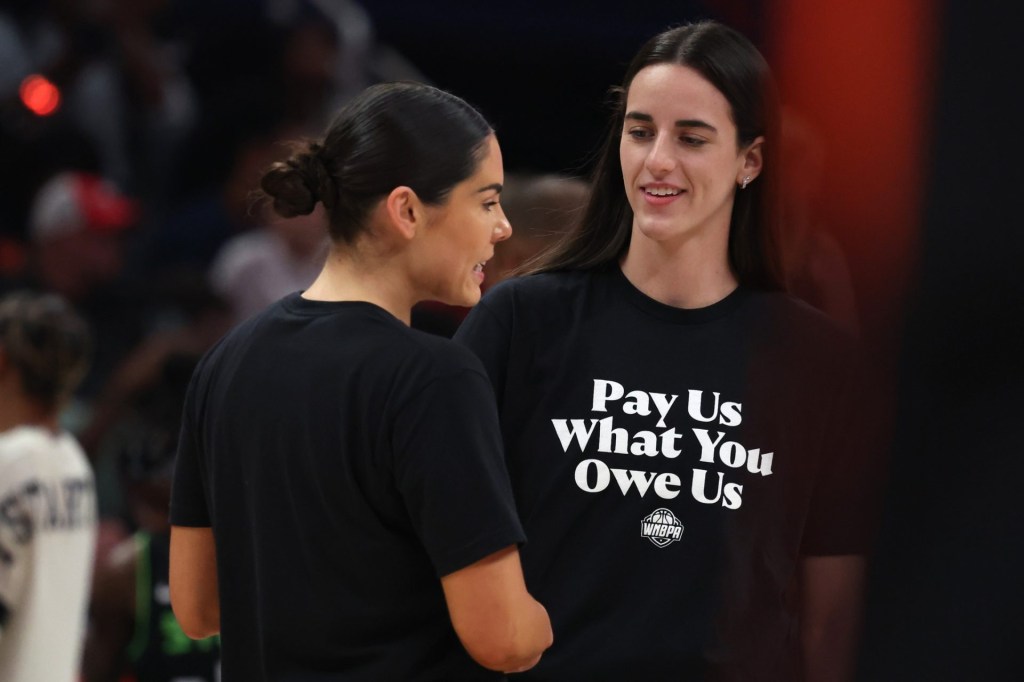
The league’s supermax salary for the 2025 season is $249,244. Players want to see the baseline for salaries increase. However, they also want to see the revenue sharing model—which directly impacts salary growth—increase as well. For example, the NBA is mandated to share almost 50% of its league revenue with players. As a result, the NBA’s salary cap rose 10% year-over-year as the league’s revenues grow from the new media deals—deals NBA owners negotiated for the WNBA as well.
The WNBA, by comparison, has always operated with a set salary cap. The WNBA salary cap this season is $1,507,100 per team. A 3% increase year-over-year was negotiated in the current CBA which was ratified in 2020 when the league’s business outlook was far shakier.
But record-breaking viewership and attendance and an influx of capital between the $750 million brought in from expansion fees paid by Cleveland, Detroit and Philadelphia and media rights deals valued at $2.2 billion over 11 years, paints the picture of a booming business.
“We were in a very different place in 2020 than we are in 2025,” Engelbert said. “You’ll see the revenue sharing be a much more lucrative one as we go forward because we are in a better place, quite frankly.”
The league and union are up against an October 31st deadline to get a new CBA ratified or they face a potential work stoppage. After the 2019 season, the sides agreed to extend the deadline by 60 days from October 31 to December 31, and they reached a new CBA in January.
Engelbert said this could happen again if both sides are engaged in productive negotiations past October. However there are two big differences this year: expansion and a free agency period that will see over 100 players—the vast majority of the league—become free agents.
Engelbert did not have a clear answer on what rules will look like for the impending expansion draft for the Toronto Tempo and Portland Fire. Without a CBA negotiated it’s impossible to construct rules for expansion or free agency because both are spelled out in the contract.
Both sides met during All-Star weekend, but the players categorized the meeting as being a “wasted opportunity” and “disrespectful.” Engelbert had a different assessment.
“I want to call it constructive,” Engelbert said. “We had a candid dialogue. This is part of the process.”

